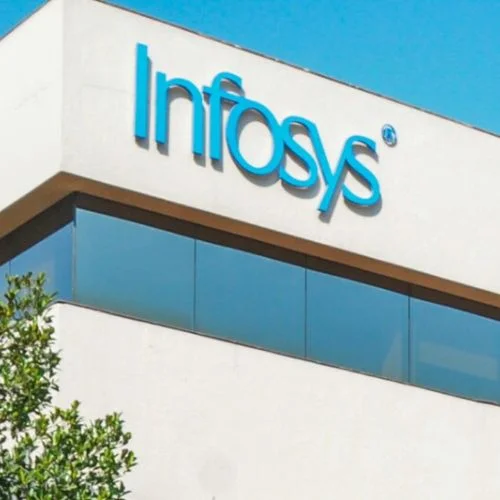Major consumer goods producer Dabur India Ltd., which is owned by the billionaire Burman family, is looking to expand abroad amid fierce domestic competition. To do so, it is looking for acquisitions both domestically and in Southeast Asia.
The 139-year-old company, which sells traditional Ayurvedic medicines and herbal products like toothpaste and shampoo, is currently evaluating other targets in the health, food, and personal care sectors in those markets on the back of its $71 million acquisition of spice producer Badshah Masala Pvt Ltd. in October. Chief Executive Officer Mohit Malhotra said this in a statement.
In an interview at Dabur’s headquarters in the New Delhi suburb of Ghaziabad, 53-year-old Malhotra remarked, “There are lots of prospects.” The valuations today are more realistic when compared to what they were in the past. He refused to mention any companies or brands that were on his radar.
The growth takes place as Dabur contends with fiercer competition from well-funded rivals, such as global consumer giant Unilever Plc, who are diving in on up-and-coming Indian brands. Strong Indian corporations headed by Mukesh Ambani and Gautam Adani, two of Asia’s richest men, also have bold intentions to expand in the household retail sector, and Tata Consumer Products Ltd. is trying to expand its portfolio through acquisitions.
In its own country, where the company generates half of its sales, Dabur has also experienced difficulties with high inflation that has reduced Indians’ purchasing power, particularly in the rural heartland of the nation.
Dabur India Ltd., which already has products available in over 120 nations, is seeking partnerships to help establish a presence in Southeast Asia.
We are not present in Southeast Asia, but all of our rivals are, according to Malhotra. “The immediate environment is highly volatile, with currencies causing mayhem. Once everything settles down, then we might look at some inorganic potential.”
He shares Sanjiv Mehta’s fears, the CEO of Unilever’s Indian division, who cautioned last month that volumes in rural India still had a “far way to go” before fully recovering.
Dabur’s profitability was also hit; its operating margin shrank and its costs increased, resulting in a 5.4% drop in net income in the most recent quarter, missing analyst expectations. Shares of the corporation have decreased 5.2% so far this year. Malhotra noted that the business environment in India “remains fairly tough.” “The following quarter is also going to be pretty tough, so we don’t anticipate inflation truly getting tame, but going forward next year things will become a little better,” the author said.















